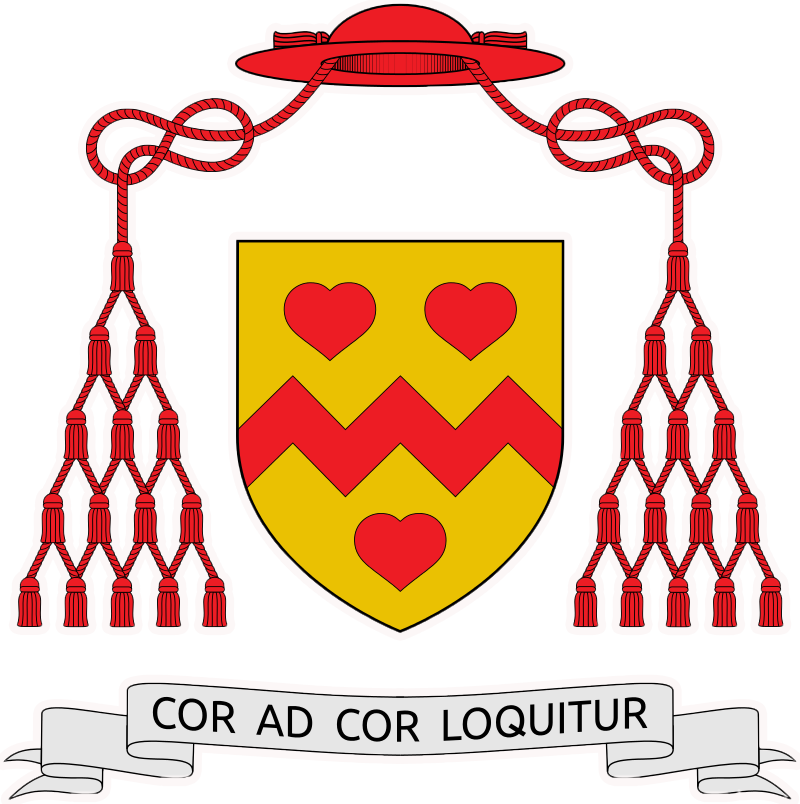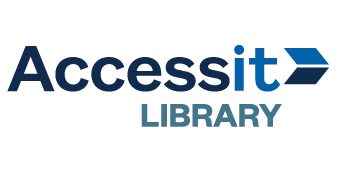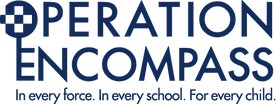Mathematics
Welcome to our Mathematics Section
Within these pages, you will find lots of information about the subject and how the department operates. If you have any queries regarding Mathematics, please do not hesitate to get in touch with me.
Andrew Orton, Director of Mathematics
Department
Mr Orton – Director of Mathematics
Miss C Miller – Second in Department
Miss S Gilby
Mr A Oribe Marcos
Mrs H McAuley
Mrs R Hetherington

Introduction
Maths is an inspiring and thought-provoking subject and the Maths department at St John Henry Newman School are dedicated to encouraging our pupils to engage in lessons and become excellent mathematicians.
Mathematics at Newman school aims to take an important subject and allow pupils to access it in a creative manner to work logically and fluently; to understand how this subject underpins the society/ world we live in. They experience the beauty of mathematics through a mastery approach designed to promote a deep, long-term, secure and adaptable understanding of the subject. Pupils are exposed to situations where problem solving skills are needed to work towards a solution through a series of tasks of increasing difficulty. We encourage pupils to experiment, question and reason through discovery and well-planned activities while developing resilience in a culture where the journey to a solution is celebrated as a learning opportunity.
Key Stage 3
In Y7 and 8 we follow the White Rose Mastery Learning Scheme of work. The yearly framework and ‘small steps’ progression, guide pupils through the processes and skills needed to be successful in Mathematics building on the work done in KS2. The scheme is widely used in primary schools throughout the area and the style will be familiar to many pupils. Half termly assessments allow staff and pupils to see how they are progressing. The scheme focusses on promoting an in depth understanding of the processes needed to solve problems, using the maths they meet in class, and promotes a mastery of the subject. In Year 9 we begin to look towards KS4 and work on a scheme of work designed to build on the work from White Rose to develop the stronger written responses that will be needed at GCSE. This hybrid approach allows us to complete the maths content from KS3 and develop the pupils in readiness for what is to come in Yrs. 10 and 11.
Year 7
During Year 7, pupils build upon their numeracy work from primary school, developing mental calculation skills and written methods to solve number problems. We introduce algebra skills, study number topics in more depth and explore a range of shapes, learning about their properties. Pupils learn hows to collect, display and analyse data. Teaching groups are organised by ability and pupils are regularly assessed to monitor progress.
Year 8
During Year 8, pupils cover a wide range of topics in maths and learn to solve an increasing variety of problems. Pupils continue to practise their mental calculation skills, developing written methods and algebra skills to study number topics in more depth. We explore a range of shapes in both 2- and 3-dimensions, learning about their properties. Pupils learn more advanced ways to collect, display and analyse data and interpret their results. Teaching groups are organised by ability and pupils are regularly assessed to monitor progress.
Year 9
In Year 9, pupils continue to study a broad range of mathematical topics, building on the knowledge gained in previous years. Number skills are consolidated and extended using algebra. Geometrical concepts are explored involving a greater range of shapes and their properties. In data handling topics, we look at more sophisticated ways to analyse and interpret statistics.
Teaching groups are organised by ability and each pupil’s progress across Key Stage 3 is monitored and regularly assessed throughout the year. In the summer term, the pupils are given one final assessment to complete the Key Stage and then pupils begin work on the first unit of the GCSE course.
Key Stage 4
Pupils work towards the AQA examination which comprises of 3 external examinations at the end of Year 11, which all contain a full range of number, proportion, algebra, shape, probability and statistical questions. Each examination is worth 33.3% of the final grade. In Paper 1 pupils are not allowed to use a calculator, in both Papers 2 and 3 this is permitted. Pupils are expected to build on their KS3 knowledge with a focus on applications of Mathematics and Problem Solving.
The papers are tiered and graded from 9 – 1 with grade 9 being the highest. There is more overlap between the tiers of entry, with pupils able to achieve the equivalent of a grade 5 on the Foundation tier. Higher tier pupils are also challenged further and could be expected to answer questions on content from the old A-level Maths course. Our scheme of work for KS4 is designed to allow pupils to cover certain topics more than once to ensure there is opportunity to consolidate their learning and tackle the more challenging material when they are ready. Pupils continue to be set according to ability. Depending on their progress pupils will be guided towards the appropriate tier of entry for them based on their Key Stage 2 data.
Key Stage 5
Pupils who choose to continue with Maths after GCSE will take final A-Level examination at the end of the two-year course (summer of year 13). In order to be accepted onto the course, pupils are required to have a grade 6 or above at Higher GCSE. We use a mixture of materials to support the Edexcel specification.
Year 12
A cohesive mixture of ‘core’ Maths topics (algebra and geometry based) are studied alongside the prescribed Mechanics and Statistics (both of which will now be taught in both years at KS5).
Year 13
A further advanced selection of Core Maths topics will be studied alongside the higher-level Mechanics and Statistics, which are both now compulsory aspects of the course.
Our Curriculum
General Information
All lessons across Key Stages 3, 4 & 5 are based around the following model and are backed up with home learning that reflects on the recent learning and interleaves previous topics over time.

Homework
All homework tasks in KS3 & 4 are designed to enable pupils to self-support with current topics, those which have been studied in the recent past and those which need some recall from a more distant topic. We use Sparx Maths to facilitate this and students are encouraged to spend time making notes and practicing at home. This is then backed up with low stakes testing each week.
At KS5 regular topic assessments using examination material, practice of recent topics and interleaving of prior work form part of the homework each week.
All students have a half termly Key Piece Tests to assess their understanding and to provide quality feedback and advice on topics and strands within that they need to work on. They are given detailed support on how to do this and alongside time in school are expected to use IT (Sparx Maths, MathsWatch) and other resources to self-support at home.















